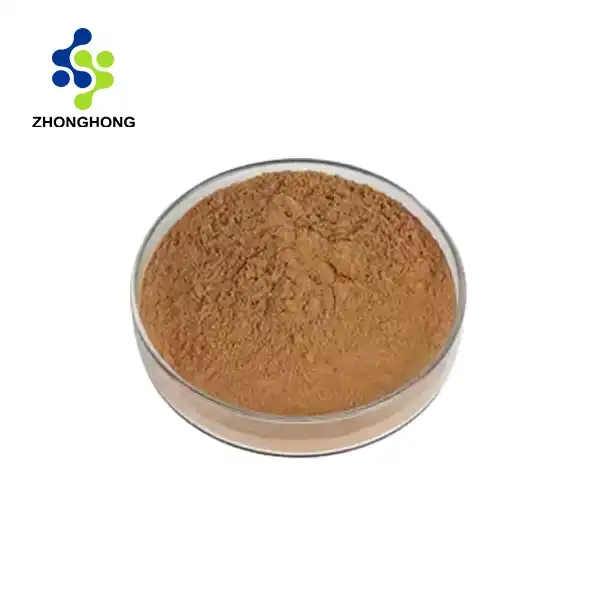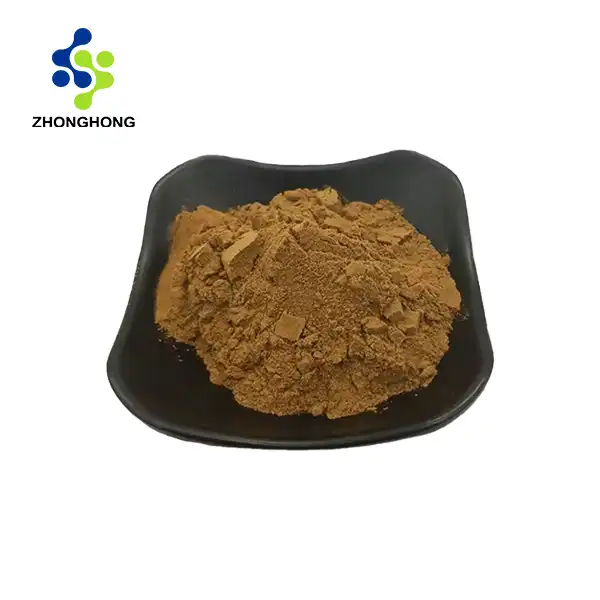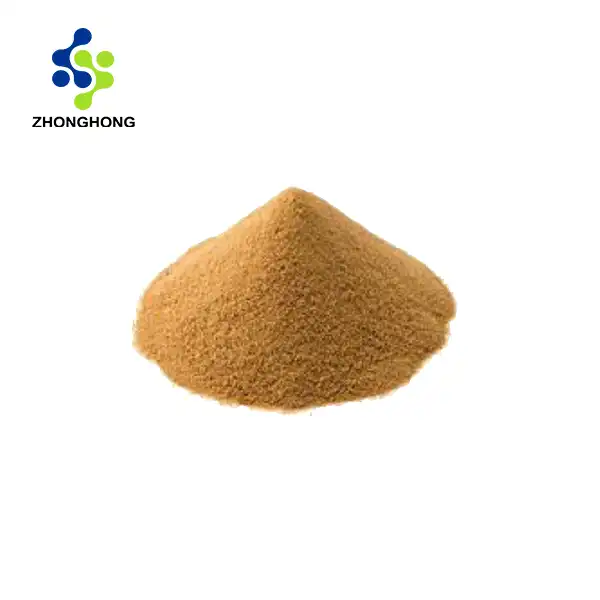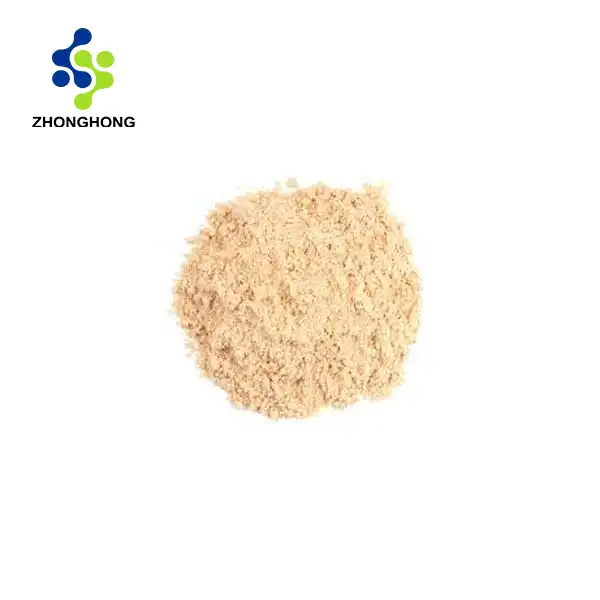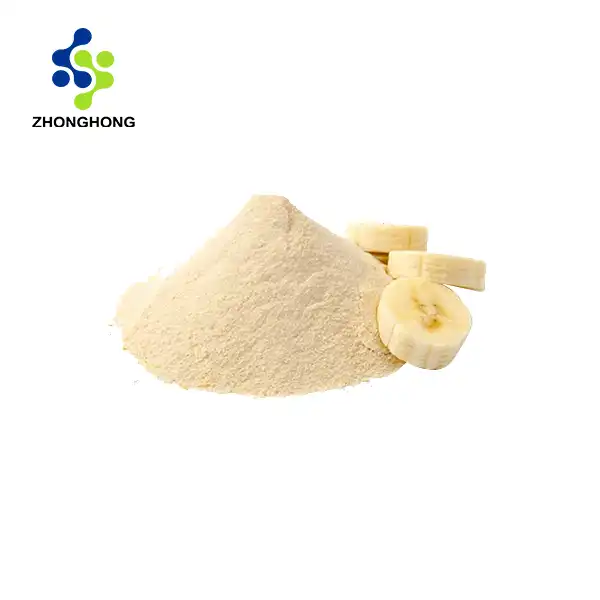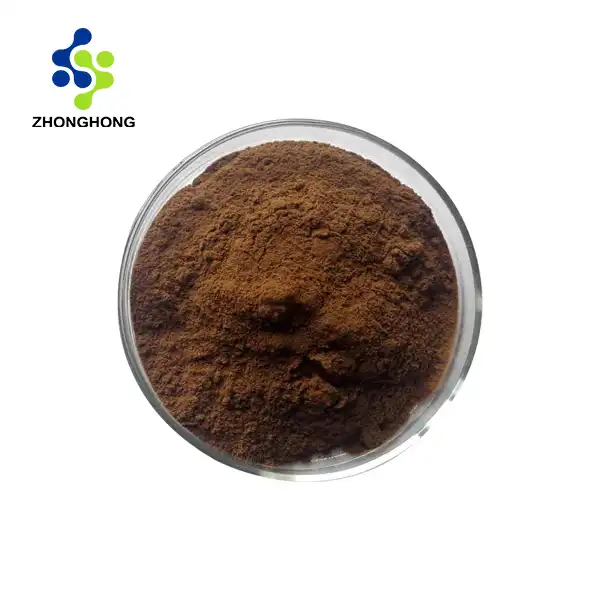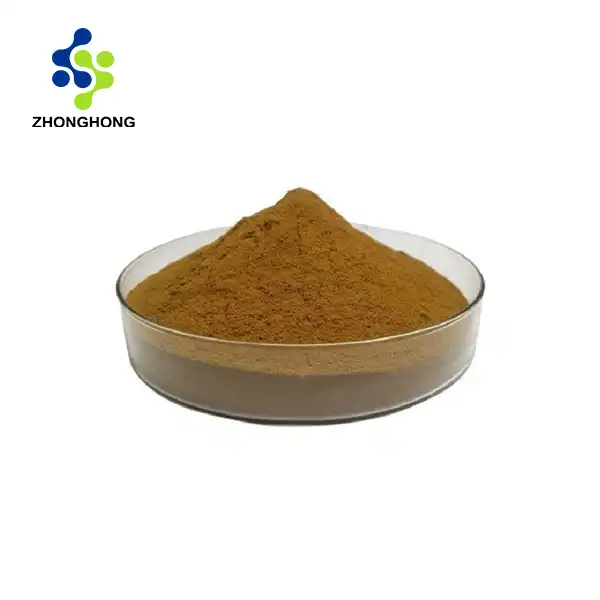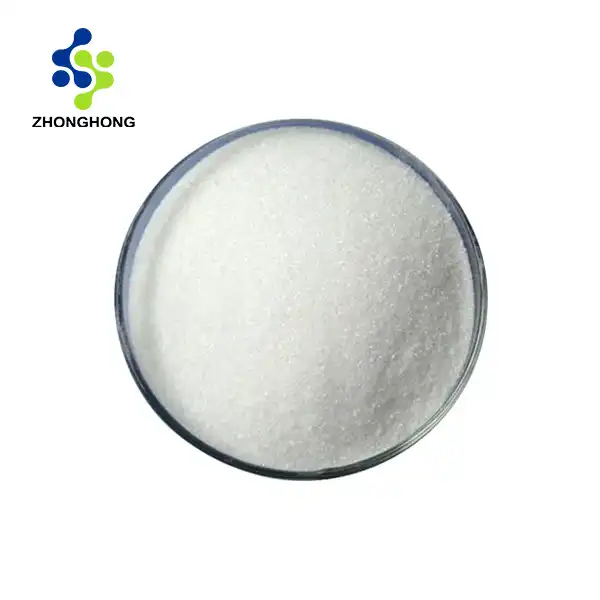Understanding Equol: The Benefits for Your Health
Equol and Hormonal Balance
Equol plays a crucial role in hormonal balance, particularly in relation to estrogen. As a phytoestrogen, equol can mimic the effects of estrogen in the body, potentially alleviating symptoms associated with hormonal imbalances. This property makes it especially interesting for women experiencing menopausal symptoms. Research suggests that equol producers - individuals whose gut bacteria can convert daidzein from soy into equol - may experience fewer hot flashes and other menopausal discomforts.
Cardiovascular Health Support
The potential cardiovascular benefits of equol are noteworthy. Studies indicate that equol may help maintain healthy cholesterol levels and support arterial health. By promoting the flexibility of blood vessels, equol could contribute to better circulation and overall heart health. These cardiovascular benefits are particularly relevant given the global prevalence of heart-related issues.
Bone Health and Density
Equol's influence extends to bone health as well. Research suggests that this compound may help maintain bone density, particularly in postmenopausal women. By interacting with bone-forming cells and inhibiting bone resorption, equol could play a role in reducing the risk of osteoporosis. This potential benefit underscores the importance of equol in promoting long-term skeletal health.
How Equol Works: The Science Behind It?
The Gut Microbiome Connection
The production of equol in the human body is intricately linked to our gut microbiome. Not everyone can produce equol naturally - it depends on the presence of specific gut bacteria capable of converting daidzein, a soy isoflavone, into equol. This process highlights the importance of a healthy and diverse gut microbiome. Interestingly, studies have shown that only about 30-50% of Western populations are equol producers, compared to a higher percentage in Asian populations where soy consumption is more prevalent.
Molecular Mechanisms of Action
At a molecular level, equol exerts its effects through various mechanisms. It has a high affinity for estrogen receptors, particularly ER-β, which explains its estrogenic effects. However, equol's actions go beyond mimicking estrogen. It also possesses antioxidant properties, helping to neutralize harmful free radicals in the body. Additionally, equol has been shown to influence gene expression related to inflammation and cell growth, suggesting a broader impact on overall health.
Bioavailability and Metabolism
The bioavailability of equol is a crucial factor in its effectiveness. When consumed, equol is readily absorbed in the intestines and can be detected in blood plasma within hours. Its metabolism involves conjugation in the liver, primarily through glucuronidation and sulfation. These metabolic processes affect how long equol remains active in the body and its overall impact on health. Understanding these pharmacokinetic aspects is essential for appreciating the full potential of equol supplementation.
Can Equol Improve Your Well-being? Research Insights?
Clinical Studies on Equol Efficacy
Numerous clinical studies have explored the potential benefits of equol. A landmark study published in the Journal of Nutrition found that equol producers experienced significantly fewer menopausal symptoms compared to non-producers. Another study in the British Journal of Nutrition reported improved arterial stiffness in equol-supplemented individuals, suggesting cardiovascular benefits. These clinical insights provide compelling evidence for equol's potential in enhancing overall well-being.
Equol and Cancer Research
The relationship between equol and cancer has been a subject of intense research. Some studies suggest that equol may have protective effects against certain types of cancer, particularly hormone-sensitive cancers like breast and prostate cancer. For instance, research published in the International Journal of Cancer indicated that equol might inhibit the growth of prostate cancer cells. However, it's important to note that more research is needed to fully understand equol's role in cancer prevention and treatment.
Future Directions in Equol Research
As interest in equol grows, so does the scope of research. Current studies are exploring equol's potential in areas such as cognitive function, skin health, and even athletic performance. Researchers are also investigating ways to enhance equol production in non-producers, potentially through probiotic interventions or dietary modifications. These emerging areas of study highlight the exciting possibilities that equol research holds for future health applications.
Conclusion
Equol represents a fascinating frontier in nutritional science, offering potential benefits for hormonal balance, cardiovascular health, and bone density. As research continues to unfold, equol's role in promoting overall well-being becomes increasingly clear. Whether through dietary sources or supplementation, understanding and harnessing the power of equol could be a valuable step towards optimizing your health. If you want to get more information about this product, you can contact us at liaodaohai@gmail.com.
_1728976869676.webp)
